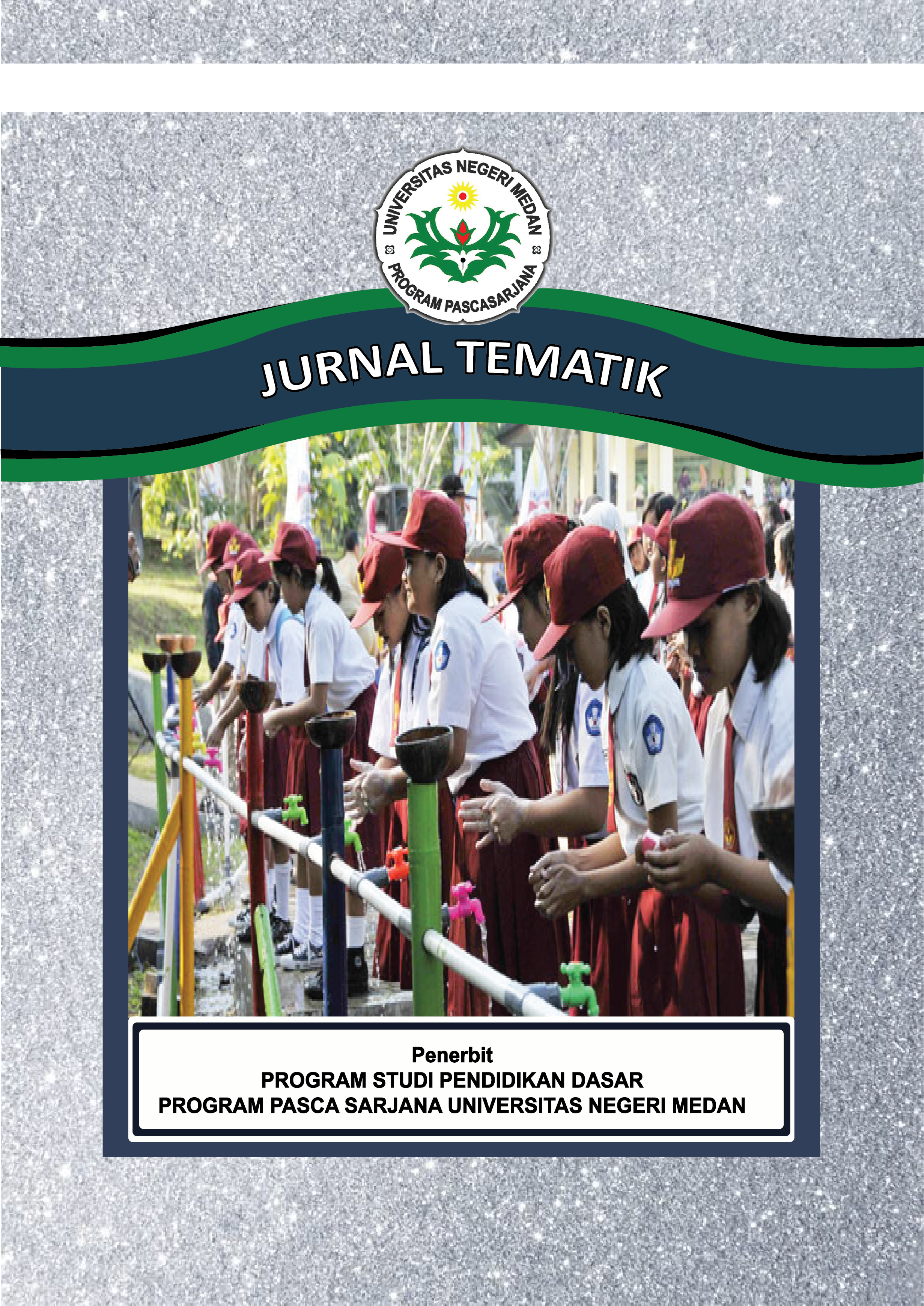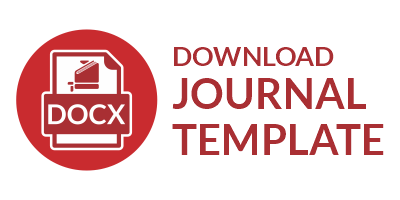EFEKTIVITAS PENGGUNAAN LEMBAR KERJA SISWA BERBASIS KETERAMPILAN PROSES SAINS (KPS) UNTUK MENINGKATKAN KEMAMPUAN BERPIKIR TINGKAT TINGGI
DOI:
https://doi.org/10.24114/jt.v10i2.19783Abstrak
This study aims to determine: (1) whether or not there are significant differences in the abilityto think at a higher level between students who are taught with worksheets based on science processskills and students who are taught without using worksheets based on science process skills; (2) theeffectiveness of using student worksheets based on science process skills to improve higher orderthinking skills. This research was conducted in class V of Nurul Hasanah Tembung Private PrimarySchool. This study uses a quantitative approach. This research method is a quasi experiment with theNonequivalent Control Group Design. The population in this study was grade V private primary schoolNurul Hasanah Tembung. The technique to determine the sample is custer sampling namely the VAclass as an experimental class and the VB class as a control class. The validity used is content validityand reliability using Cronbach's Alpha. The analysis technique uses t-test. Based on the calculation ofthe significant value of the Independent sample t test is 0,000 <0.05 and the Ngain Score calculation,the average value of the experimental class is 74.80 with a quite effective category is greater than theaverage value of the control class that is 34.04 with a category ineffective. This shows that the use ofstudent worksheets based on science process skills is very effective for improving higher order thinkingskillsUnduhan
Diterbitkan
2020-08-21
Cara Mengutip
Megawati, M., Rahmatsyah, R., & Yus, A. (2020). EFEKTIVITAS PENGGUNAAN LEMBAR KERJA SISWA BERBASIS KETERAMPILAN PROSES SAINS (KPS) UNTUK MENINGKATKAN KEMAMPUAN BERPIKIR TINGKAT TINGGI. Jurnal Tematik, 10(2), 121–128. https://doi.org/10.24114/jt.v10i2.19783
Terbitan
Bagian
Articles








